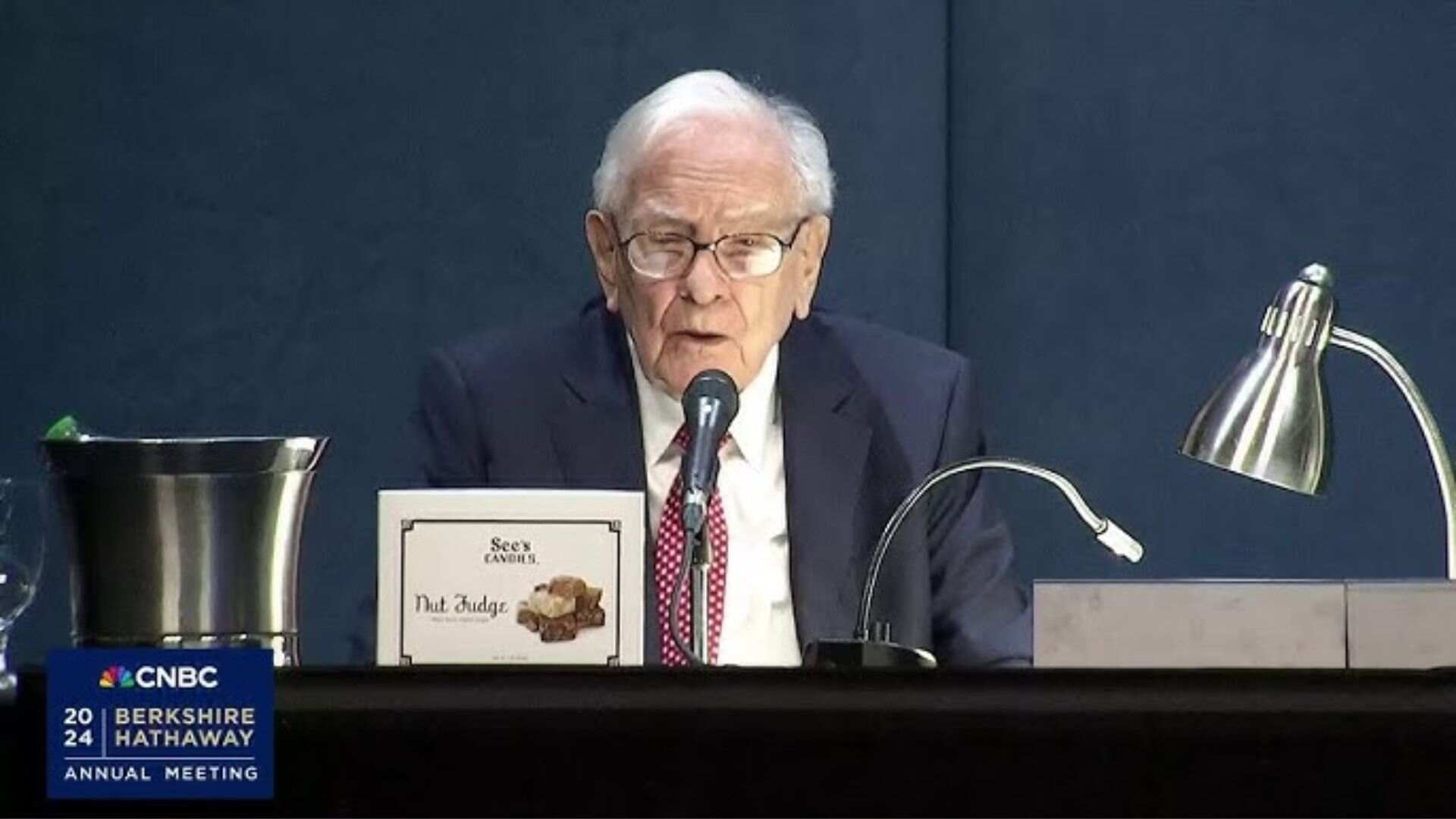
Renowned political economist Gautam Sen has cautioned against Congress’ proposed wealth tax in India, foreseeing a potential exodus of the nation’s wealthiest, including the Ambanis and the Adanis, to tax havens such as Dubai to evade taxation.
In an exclusive interview with ANI, Sen, who retired from the London School of Economics and formerly served as a member of the Indo-UK Roundtable and Senior Consultant at UNDP, shared his insights on the ramifications of implementing an inheritance tax in India, drawing parallels with Sweden and emphasizing its potential impacts on the country’s economy and security.
“The very rich, including the Ambanis, the Adanis, the Mahindras, the Tatas, and perhaps no more than 500 or fewer individuals from the billionaire class, are likely to relocate from India to Dubai. A significant portion of Indian millionaires has already migrated to Dubai, primarily due to its lack of income tax. Consequently, they would re-register their businesses in the UAE, resulting in India solely collecting corporate taxes from them, while their businesses remain in India,” Sen remarked.
He continued, “This would result in a substantial loss of wealth for India. Sweden, known for its high taxation history, witnessed a similar scenario with its inheritance tax. Notably, after abolishing the inheritance tax, Sweden experienced a resurgence of wealth, economic growth, and improved tax collection. Thus, the absence of inheritance or wealth tax proved advantageous for ordinary Swedes. However, the implementation of such measures in India, particularly concerning agricultural land, must be approached with caution.”
Regarding Congress leader Sam Pitroda’s proposal to adopt an inheritance tax akin to that in the US, Sen pointed out its inapplicability to India. He stressed that redistribution occurs naturally in all economies, highlighting India’s progress in improving the welfare of rural areas and the impoverished segments over the past decade.
“The US model does not align well with India’s circumstances. Redistribution is inherent in all economies and societies. India has witnessed significant advancements in rural welfare over the last decade, unlike anything seen in a millennium. However, the feasibility of implementing an inheritance tax, coupled with the proposed survey of all households and businesses, poses practical challenges,” Sen asserted.
Sen raised concerns about the efficacy of taxing a small percentage of individuals who pay personal income tax in India, emphasizing that redistributing their wealth would yield minimal impact on overall wealth distribution. He referenced Sweden’s experience with inheritance tax removal, noting its positive impact on economic growth and wealth retention.
When discussing the redistribution of wealth advocated by Congress leader Rahul Gandhi, Sen questioned its practical implementation. He cautioned that liquidating assets from affluent individuals, who predominantly invest in businesses, would disrupt the economy, particularly affecting small and medium-sized industries, the primary non-agricultural employers.
Sen expressed skepticism regarding the feasibility of tax inspectors visiting every household and business, deeming such an endeavor impractical. He commended India’s progress in infrastructure development, healthcare, and sanitation under the current administration led by Narendra Modi, highlighting the government’s commitment to poverty alleviation.
While acknowledging concerns about wealth inequality, Sen emphasized the temporary nature of sectoral benefits during economic growth. He reiterated that the absolute well-being of the poorest has improved, predicting a gradual redistribution of relative incomes over time.
Cautioning against implementing an inheritance tax, Sen warned of potential social and political upheaval and susceptibility to foreign military intervention. He stressed the importance of stability and continuity in government policy to sustain economic growth and prosperity in the long run.
Sen expressed optimism about India’s economic trajectory, citing its status as the fastest-growing major economy globally and lauding government investments in infrastructure. He underscored the need for continued efforts towards stability and economic development, urging policymakers to avoid policies that could hinder India’s progress.